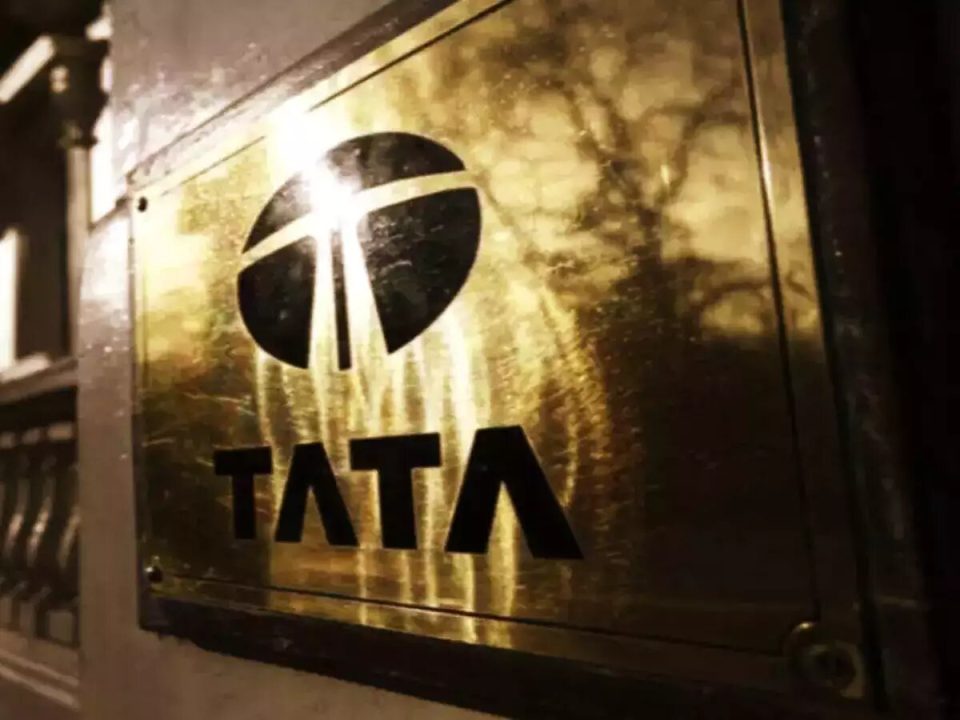Tata Consumer Products Ltd., a $103 billion food and beverage company in India, is seeking acquisition to strengthen its position in its competitive consumer goods sector and is in talks to buy up to five brands.
In an interview, Sunil D’Souza, chief executive of Tata Consumer Products, said that “a significant portion” of the Mumbai-based company’s future growth will come from inorganic expansion. The company, which sells Tetley tea and Eight O’Clock coffee, is “seriously approaching” some companies with decent valuations but declined to identify potential targets.
“We are reaching out to potential targets to see if there is interest,” said D’Souza, who took over the company two years ago after stints at PepsiCo and Unilever. “There are places where valuations are high, but I would expect them to become more affordable given the macro environment, liquidity, tightening, etc.”
Since its founding in 2020, Tata’s 153-year-old business empire has continued to streamline, spanning dozens of industries. Since its inception, Tata Consumer Products has expanded by acquiring stakes in bottled water business NourishCo Beverages Ltd and cereal brand Soulfull.
According to Reuters, the group could face stiff competition from existing global giants such as Unilever and Indian tycoon Mukesh Ambani’s Reliance Industries Ltd, which plans to acquire as many as 60 small grocery and homeware brands.
D’Souza is also accelerating the expansion of Starbucks stores across the country as India reopens after pandemic-induced containment measures. It added 50 new cafes in the last fiscal year and opened 268 stores in 26 cities. D’Souza said Tata, a joint venture with the American coffee giant, wants to have more than 1,000 Starbucks stores in India but declined to give a specific timetable.
Tata’s expansion comes at a time of high inflation, with the war in Ukraine, the country’s agricultural export ban and supply chain disruptions pushing up input costs for consumer goods companies. Companies including Unilever India and major domestic food companies Britannia Industries Ltd and Dabur India Ltd have responded by raising prices and reducing the volume of cheapest packaging in a highly price-sensitive market of around 1.4 billion.
D’Souza said that despite the “insignificant” increase in its shipping and packaging costs, Tata has managed to weather the impact as prices for the three main products it sells – coffee, tea and salt – have remained relatively stable.
- CEA Maintains 6.5-7% Growth Estimate for FY25
- Waaree Energies Shares Soar 8% on Securing 170 MW Project
- Gland Pharma Shares Rally 5% on Securing USFDA Approval
- Reliance Power Shares Hit 5% Upper Circuit as Arm Secures Solar Energy Project
- Stocks in Focus: ONGC, Reliance Power, Tata Power and Others
Economic and political turmoil in the neighbouring island of Sri Lanka, a major black tea exporter, has kept tea prices stable. He explained that India is likely to have a good harvest this year, which would drive down tea prices under normal circumstances. But disruptions in Sri Lanka have hampered its exports, preventing prices from falling.




